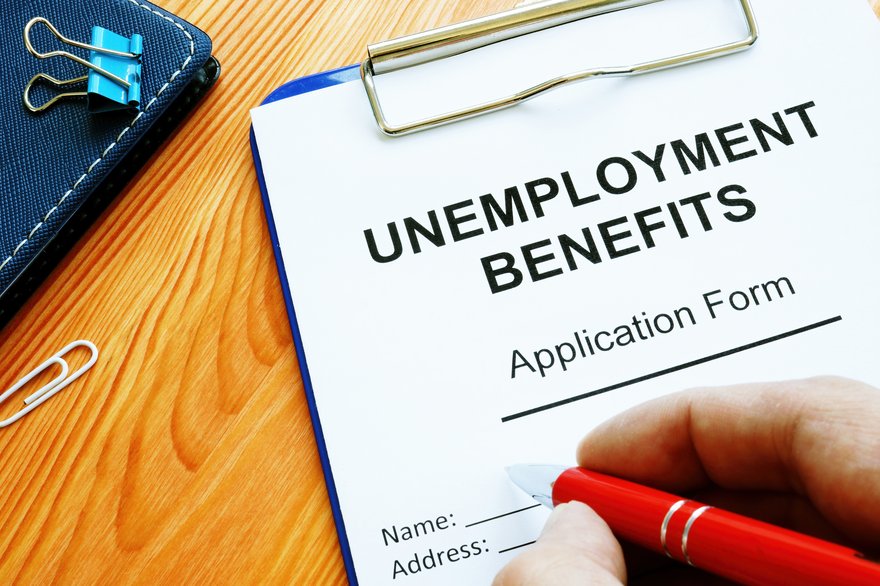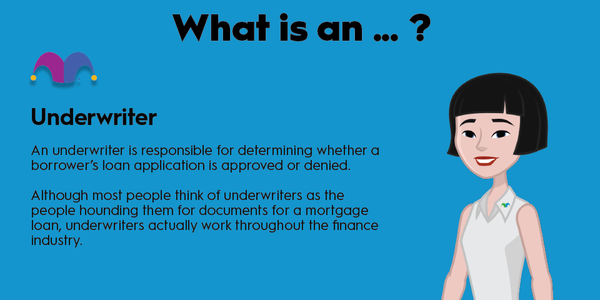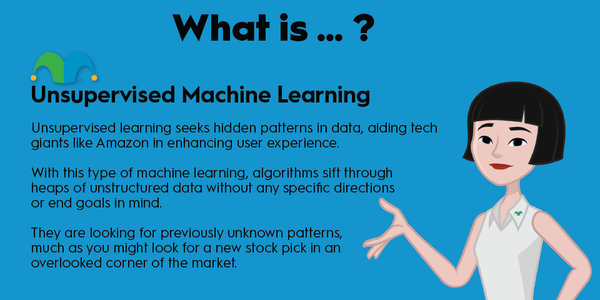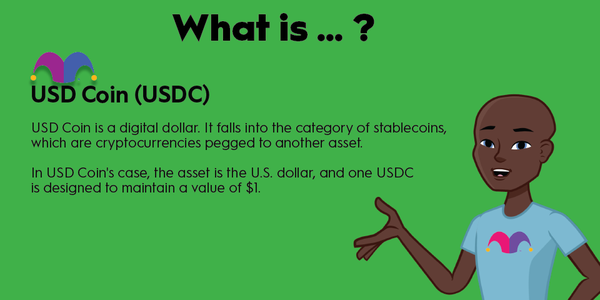To adapt to shifting conditions, businesses sometimes need to reduce their employee counts and lay off workers. Unemployment insurance can provide a financial safety net for people who lose their jobs through no fault of their own.

Definition
What is unemployment insurance?
Unemployment insurance is a federally mandated, state-run program that provides cash benefits to qualifying workers who have lost their jobs. Benefits are paid on a weekly basis and are calculated based on a percentage of the worker's normal weekly income.
Who qualifies
Why is unemployment insurance important, and who qualifies?
Unemployment insurance can provide a helpful safety net when a person loses his or her job. As part of a normal employment relationship, employers pay payroll taxes into unemployment insurance programs. When workers lose jobs, they may be able to qualify for unemployment benefits to help cover losses from being out of work.
In most cases, people who quit their jobs or are fired for cause will not qualify for unemployment benefits. Being laid off through no fault of your own is a crucial component of being eligible for unemployment insurance benefits. Freelancers and contract workers do not typically qualify for unemployment benefits because they do not have an employer who pays payroll taxes.
If a company goes out of business or is forced to downsize due to financial pressures, the workers who lost their jobs can qualify for unemployment insurance. Workers fired for poor performance or bad behavior, however, would be laid off with cause and would not qualify for unemployment benefits.
How it works
How does unemployment insurance work?
In the U.S., unemployment insurance programs are run individually by the states. This means that there can be substantial differences in the amount of unemployment benefits among states.
The benefit amount will vary depending on the state in which the employee worked and the employee's earnings. To be eligible for benefits, a worker typically has to have been an employee for a year -- although this differs among states, as well.
A qualifying individual who has lost their job will be able to receive unemployment benefits for as many as 26 weeks in most cases. Depending on certain requirements being met, it may be possible to extend benefits beyond that point. The maximum amount that can be received and the duration over which benefits will be paid out varies among states.
Related investing topics
Example
An example of unemployment insurance
Peter worked at a shipping company in New Jersey for the last two years, but the business recently fell on hard times. To reduce its costs and adapt to changes in demand, the company opted to downsize and lay off some of its workforce.
Although he had generally been a reliable employee, Peter was caught up in the layoffs. Because he did not voluntarily opt to quit and was let go from the job for reasons that were unrelated to his performance or behavior, Peter qualifies for benefits through his state's unemployment insurance program.
Prior to being fired, Peter had been making $1,000 a week. Because New Jersey offers unemployment benefits of 60% for workers in Peter's salary range, he would be eligible to receive weekly benefits of $600 through the state's unemployment insurance program.










